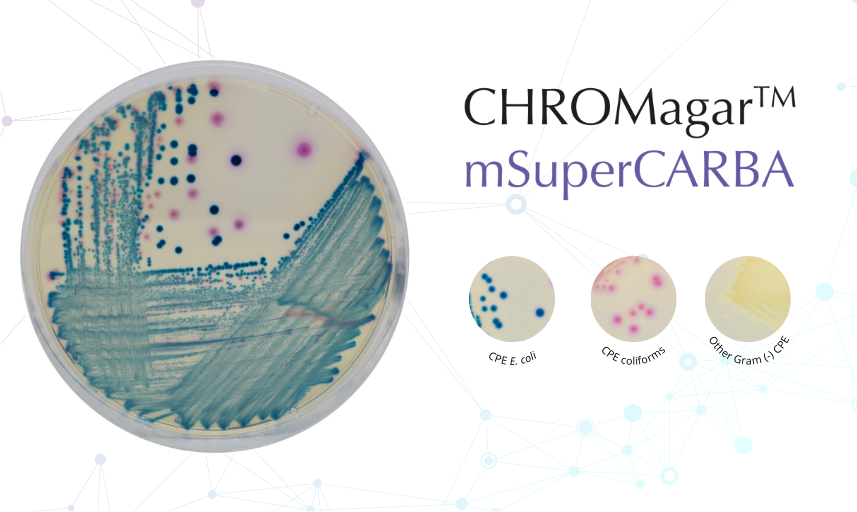
It’s a great concern in the international clinical community the increasing detection of pathogens resistant to third generation cephalosporins.
As of it, ICU’s and hospitals in general are increasingly relying on carbapenems to treat severe E. coli and K. pneumoniae infections.
However, the emergence of carbapenem-resistant bacteria has become a major concern. Although still rare, the WHO underlines that "the recent emergence of carbapenem resistant E. coli is of serious concern" .
As for Klebisella , the 2020 report found out that among the 29 countries of the EU/EEA, about 30% had reported carbapenem-resistant bacteria, Klebisella in 25% of the cases.
KPC carbapenemase
The CDC finds that pathogens that produce KPC enzymes have a high capacity for dissemination and makes treatment of serious illness difficult, and prone to regional or international transmission.
A report published in 2019, "Evidence of an epidemic spread of KPC-producing Enterobacterales in Czech hospitals" illuminates just how dangerous these pathogens can be.
During the period covered in that study, it was proven that KPC-producing pathogens have an important ability to epidemically contaminate hospitals.
They found the pathogens to continuously prevalence growth, from sporadically appearances to epidemical risk. This has led to a substantial increase in mortality caused by carbapenem-resistant Klebsiella pneumoniae .
The Success of CHROMagar™ mSuperCARBA:
As Carbapenemase-producing bacteria are becoming a major concern for clinical microbiology, CHROMagar™ mSuperCARBA has proven to be the best to isolate and identify the pathogens.
Research led by members of the NIH of Lima showed the usefulness of CHROMagar™ mSuperCARBA to detect these bugs also in inanimate surfaces.


